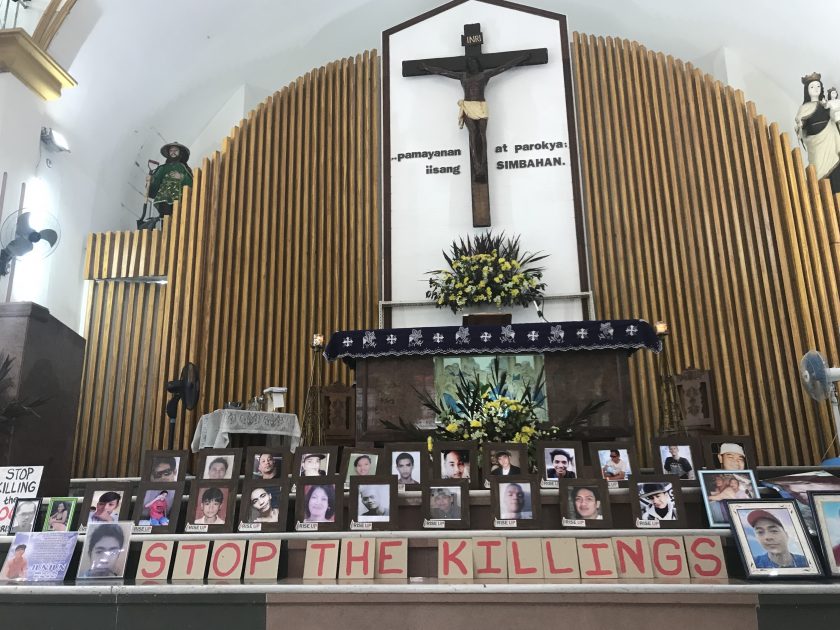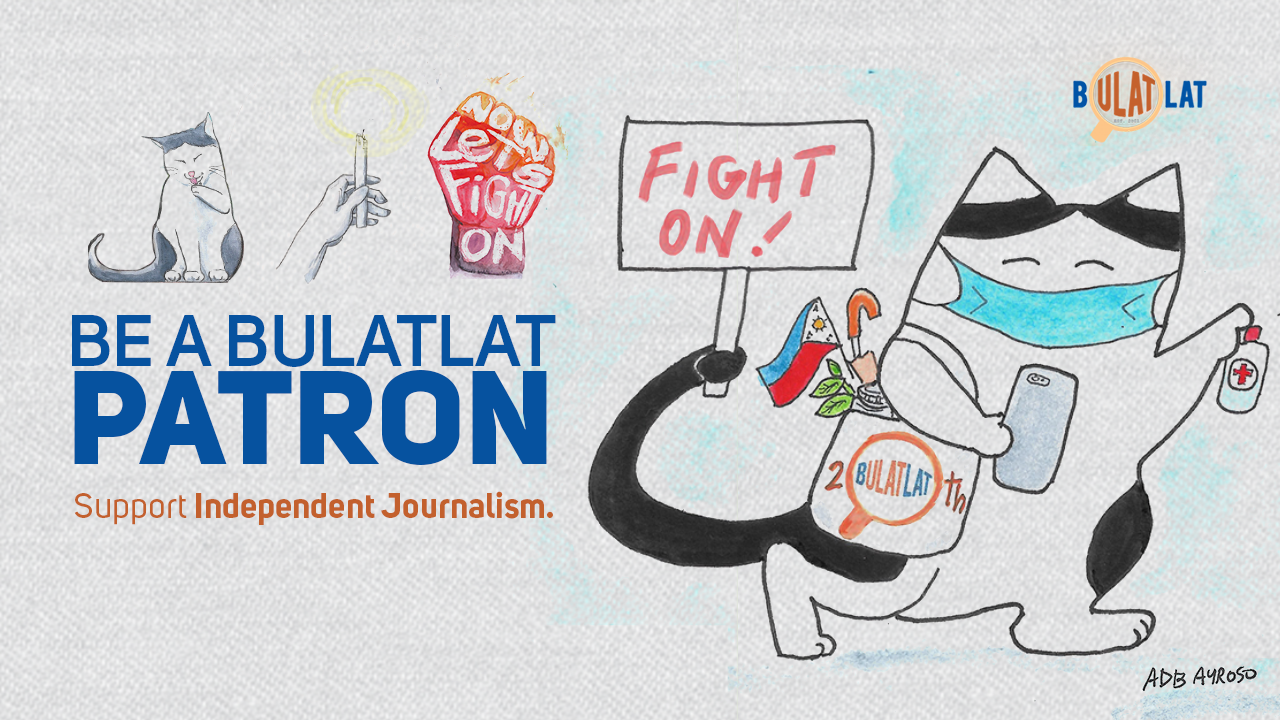
By ANNE MARXZE D. UMIL
Bulatlat.com
MANILA – The Appeals Chamber of the International Criminal Court (ICC) rejected the Philippine government’s request to suspend Prosecutor Karim Khan’s investigation on drug-related killings under the administration of President Duterte.
In its decision dated March 27, the Appeals Chamber said that the Philippines has not provided persuasive reasons to support its appeal.
“In the absence of persuasive reasons in support of ordering suspensive effect, the Appeals Chamber rejects the request. This is without prejudice to its eventual decision on the merits of the Philippines’ appeal against the Impugned Decision,” the decision read.
The Philippines formally asked for the suspension of the ICC Prosecutor’s investigation early this month, following the Pre-Trial Chamber I order for the resumption of investigation on Jan. 26.
Read: Rights groups welcome resumption of ICC probe on the Philippines
The Appeals Chamber said that the Philippines did not provide explanation on its request to suspend the Prosecutor’s investigation pending final resolution of its appeal.
“At the outset, the Appeals Chamber observes that the Philippines did not include any reasons and arguments in support of the Request for Suspensive Effect in its Notice of Appeal. It did so only in the Appeal Brief. The Appeals Chamber notes that it would have been preferable for the Philippines to have included its supporting arguments for the Request in the Notice of Appeal,” the decision read.
The argument of the Philippine government that the ICC has no jurisdiction over the county and that its action is an encroachment of the country’s sovereignty, the Appeals Chamber said “while the Philippines provides its supporting arguments with respect to the absence of the Court’s jurisdiction in the Philippines Situation under the first ground of appeal, it fails to explain how the alleged absence of jurisdictional or legal basis for the resumption of the Prosecutor’s activities pending the resolution of the appeal would ‘defeat its very purpose and create an irreversible situation that could not be corrected’.”
The Philippine government in its appeal also claims that the Prosecutor’s investigation will have “far-reaching and inimical consequences” and that there are implications on the Prosecutor’s activities on suspects, witnesses and victims.
However, the Appeals Chamber said the Philippine government has failed “to provide any explanation as to what (the) implications may be and how the broad scope of the Prosecutor’s investigation at this stage of the proceedings would lead to consequences that would be very difficult to correct and may be irreversible.”
The Appeals Chamber also said that as far as “national investigations are concerned, the Philippines is in a position to continue its investigations irrespective of the ongoing proceedings before the Court.”
The Philippine government argued that domestic remedies are working for victims of the drug-war. However, the victims and their families belied such a claim.
Read: Kin of rights abuses belie claims of justice secretary at the UPR
Read: #UndoingDuterte| Five years of bloody drug war, kin of victims fight for justice
Read: Global mission finds local remedies for rights victims in PH illusory
Prior to this, the Philippines also requested that the victims’ request to participate in the proceedings be dismissed and that the government be “notified of all documents registered in these proceedings.”
But the Appeals Chamber, in its March 21, 2023 decision, granted the victims’ request to participate in the proceedings. The victims were then directed to submit representations to the Appeals Chamber, with the assistance of their legal representatives. The Victims Participation and Reparations Section is also instructed to transmit a report of the representations by May 22.
“The Appeals Chamber is not persuaded that all filings concerning (the) victims should be notified to the Philippines. It recalls that, pursuant to article 68(1) of the Statute, ‘[t]he Court shall take appropriate measures to protect the safety, physical and psychological well-being, dignity and privacy of victims and witnesses,’” the decision read.
“It also recalls that, pursuant to regulation 42(1) of the Regulations, ‘[p]rotective measures once ordered in any proceedings in respect of a victim […] shall continue to have full force and effect in relation to any other proceedings before the Court’. Therefore, to the extent that the Philippines seeks to gain access to identifying information about victims, the Appeals Chamber notes that it would not be appropriate to grant the request in this regard,” it added.
It was in 2018 when families of victims of Duterte’s so-called “war on drugs” filed a complaint at the ICC. They lament that justice is elusive, and that they can only attain justice through the ICC.
Read: Why kin of drug war victims charged Duterte for mass murder before ICC
After finding a reasonable basis to probe the drug-related killings, then ICC Prosecutor Fatou Bensouda said there is reasonable basis to believe that crime against humanity has been committed in the Philippines under the context of Duterte’s campaign against illegal drugs.
The ICC is looking into the cases of drug-related killings between Nov. 1, 2011 and March 16, 2019, when the Philippines was still party to the Rome Statute.
In a television interview, National Union of Peoples’ Lawyer President Neri Colmenares said they welcome the decision of the Appeals Chamber. While the Philippine government has been adamant that it will not cooperate with the ICC investigation, Colmenares said there are many ways that the ICC can investigate and talk with the witnesses and families.
Colmenares is among the lawyers who assisted families of victims of drug-related killings. (RTS, RVO) ![]()




